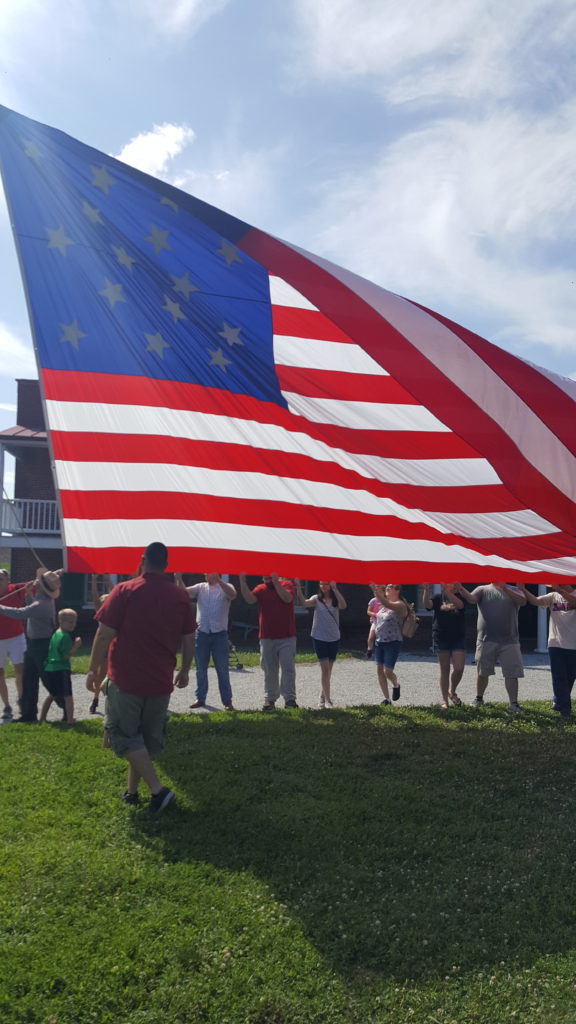Sometimes I get the heebie-geebies when people start talking about hospitality because it brings up visions of spotless houses and immaculate food and sparkling conversation. I like all of those things but rarely achieve them (except maybe the food and that’s in part because my husband also knows his way around a kitchen). Hospitality always sounds like a lofty calling or a special gift, and I fall short on those aims.
So, when I read a book about hospitality that is not about those things at all, I get excited. That’s what Leslie Verner’s new book did for me.

Invited: The Power of Hospitality in an Age of Loneliness is a rare book. It is gracious, grace-filled and gentle but with an unavoidable nudge toward action. In the author’s own words:
“Less about entertaining and more about becoming a good neighbor, this book explores the power of a simple invitation.”
Leslie tells personal stories with humor and honesty. I appreciated how much she was willing to share about her own insecurities where hospitality is concerned and how open she was about the difficulties she had overcoming the excuses and reasons why she shouldn’t. Leslie offers a relatable account of someone who has been shown hospitality and who has learned (and is learning) to offer it, no matter how small or ordinary it might look.
While I initially thought this would be a book solely about intercultural welcome and hospitality, it is more. Leslie draws from her own intercultural experiences and those that have found her family where they live now, but she tells stories, too, of showing hospitality to neighbors and friends. She poses important questions for the western Church about hospitality, such as:
“How far does God want us to go when it comes to loving our neighbor? And how much does our culture muddle the clarity of God’s commands?”
This is my favorite kind of book about this subject because not for one second did I feel shamed about my hospitality efforts. I felt encouraged and spurred on, and I was so excited about this book when I finished it that I immediately recommended it for small group study at my church.
Leslie paints an image, a vision even, with her words of what hospitality could be:
“Reimagining hospitality in the West requires cavorting with a God who delights in busting up our normalcy with divine creativity.”
Pause for a moment to take that in.
I read an advanced digital copy of the book, but I can’t wait to get my hands on a physical copy so I can underline and make notations. (Even though I received an advance copy, this review reflects my personal opinion.)
Have I convinced you yet? I promise you, this book will make you feel better about offering hospitality to the people around you.
And a word about the book’s publisher: Herald Press is releasing some of my favorite books right now. If you pay attention to these sorts of things and see their name on a book, pick it up and read it. You’re in for a treat.
Find out more about Leslie and her work here.


